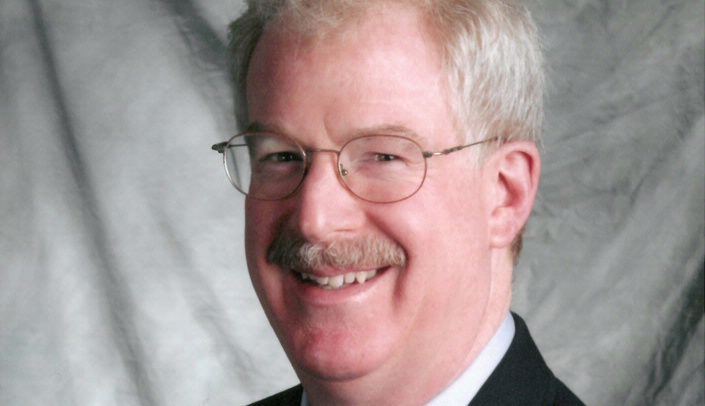The UNMC Ombuds are impartial, confidential consultants who assist faculty, staff and students in resolving conflicts informally, voluntarily and privately. The ombuds team helps with a wide variety of problems, especially those concerns that are confusing, complicated, upsetting or not being addressed through other university channels.
An ombudsperson can help UNMC faculty, staff and students by:
- Providing active listening and objective feedback;
- Helping to define a problem and identifying options to solve it;
- Explaining relevant UNMC policies and procedures;
- Facilitating improved interpersonal communication; and
- Identifying problem trends at the organizational systems level
"It's a unique alternative dispute resolution service for any member of our UNMC community," said David Carver, PhD, the service’s inaugural director. Dr. Carver works with the College of Medicine’s Susan Swindells, MBBS, while also collaborating with other UNMC programs that promote wellness and inclusion.
In the ombuds profession, the term "visitor" describes those who utilize the service. Faculty, staff or student "visitors" can privately discuss work or school conflicts. Information shared with the ombuds is confidential. Ombuds don't keep any individual case files or formal written records. "It's behind-the-scenes and off-the- books," Dr. Carver said. "Campus community members are often troubled by academic or workplace issues but don't necessarily need mental health treatment. Many people just want a confidential sounding board."
Ombudspersons help identify and evaluate options for dealing with problematic situations. They may also provide communication coaching and informal mediation between parties. "Impartiality means that we don't take sides or advocate for individuals publicly, but we may facilitate a conversation or dialogue that leads to a solution," he said.
"We first try to help visitors identify possibilities for solving disputes informally," Dr. Carver said. "We may also explain complex policies and procedures. However, ombuds do not participate in formal complaints, appeals, grievances or disciplinary processes."
While maintaining independence from the formal administrative chain of command, the ombudsperson reports emerging problem trends to the chancellor and other UNMC leaders without identifying individuals.
Ombuds consultations are informal, private and free-of-charge. For more information about UNMC ombuds services, visit the Ombuds program website or call the ombuds program confidential phone line at 402-559-2491.
